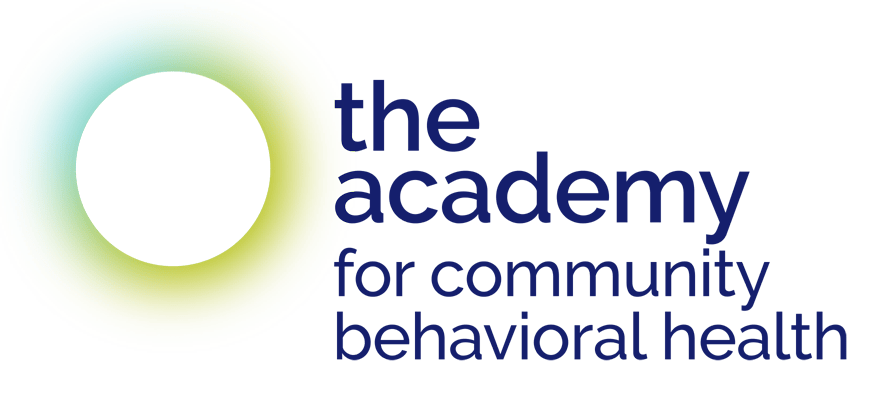Acknowledging, Addressing, and Intervening in Harms Related to Racism
Multi-Session (8 hours)
This applied workshop series develops skills to invite community members to talk about experiences of racism, and address the pain and other impacts of those experiences. In this highly interactive course, learners practice self-reflection, active listening, and counseling skills in small groups guided by expert facilitators. Learners can expect to develop their own racial self-awareness and strengthen communication skills for having helpful conversations about race and experiences of racism.
Prerequisite: Understanding the Mental Health Effects of Racial Discrimination
Best Practices in Virtual Learning Series
Various
During COVID-19, many providers had to shift not only service delivery, but also staff training and support, to virtual platforms. How can we best use virtual tools to help staff manage the emotional demands of their work, apply trauma-informed practices, or learn and use other new skills? Courses in this series share best practices for designing and delivering effective virtual learning programs from Academy instructors, community-based organizations, and others. They may be helpful to anyone who delivers training or coaching, facilitates meetings, or leads other learning activities in your organization.
Building Emotional Intelligence Skills for Leadership
Multi-Session (4.5 hours)
This course introduces ways to recognize and develop emotional intelligence skills that can be used to lead people and teams in nonprofit social service settings. It will help supervisors, managers, and other leaders guide teams effectively and create supportive organizational environments.
Motivational Interviewing for Conversations About the COVID-19 Vaccine
Single-Session (2 hours)
This course provides tools to have helpful conversations about the COVID-19 vaccine with community members. Based in Motivational Interviewing (MI), a person-centered counseling method, participants will learn a framework and specific strategies for collaborating with community members to strengthen their own reasons for and readiness to take the vaccine. These skills can also be used to address new challenges and opportunities around vaccine uptake, including engaging people about the booster dose and talking with parents or caregivers about the decision to vaccinate young children.
Various
In these one-hour conversations, mental and behavioral health practitioners will talk about their professional training and career paths to help others who may be considering further training or new kinds of work. We seek to show and encourage diversity in the field, including by sharing insights from practitioners with diverse racial, ethnic, and cultural identities; lived experiences; and motivations for doing this work, along with people who have different types of degrees, licenses, and jobs.
(Re)Imagining Trauma Recovery Among Black Youth: Healing From Historical Trauma and Social Injustice Through Action
Multi-Session (4 hours)
This course explores how we can use alternative trauma-informed practice perspectives and theoretical frameworks to widen conversations about what trauma means and how to promote mental health and wellness, particularly by centering the experiences of Black Youth. We will explore organizing as a pathway to posttraumatic growth and action-oriented coping. Learners will be invited to share self-reflections and dream-cast ways we can improve the relevancy of mental health interventions.
Self-Care in the Workplace: Managing Race-Related Stressors
Multi-Session (2 hours)
Workplace race-related stress can be described as the psychological or emotional distress that Black, Indigenous, and People of Color (BIPOC) staff experience because of their identity. It can result from major experiences of racism, such as being overlooked for promotions or salary increases or harassed for hair texture, body type, or facial features. It can also result from an accumulation of many everyday microaggressions, such as belittling or bullying behavior, stereotyping, and having your experiences as a member of a racial minority group dismissed. When BIPOC staff have these racialized experiences, it negatively impacts quality of life, satisfaction at work, and overall physical and psychological health. This course helps learners identify and define workplace race-related stressors, explore the impact of these stressors on the workplace experience, and develop radical self-care strategies.
Understanding the Mental Health Effects of Racial Discrimination
Multi-Session (8 hours)
This foundational course introduces key terms, concepts, and evidence for understanding the impacts of racism on mental health, including race-related stress and trauma. Grounded in Dr. Robert Carter’s 30 years of research, teaching, and action to confront racism and its effects — along with other relevant research — participants will learn how race and racism operate in our daily lives and the effects of racism on mental health and health outcomes.
This course satisfies the prerequisite for the advanced course, Acknowledging, Addressing, and Intervening in Harms Related to Racism.
Wellness Series
Various
This series of brief courses introduces evidence-based tools that helping professionals can use to support your health, reduce stress, and increase calm. Tools in this series include restorative and energizing yoga practices, herbal remedies, meditation, visioning, and grounding practices.
